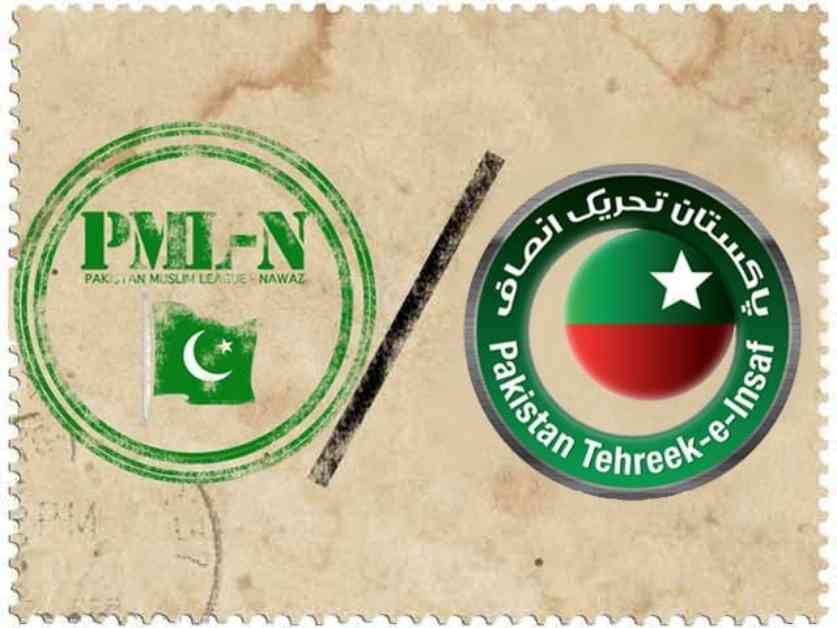Government Authority for Talks with PTI Questioned: Analysis and Implications
In a significant turn of events, the Pakistan Tehreek-e-Insaf (PTI) has raised doubts about the ongoing dialogue process with the Pakistan Muslim League-Nawaz (PML-N)-led government. The ruling coalition’s failure to facilitate a meeting between PTI founding chairman Imran Khan and the party’s negotiation committee has cast a shadow of uncertainty over the negotiation proceedings.
Challenges in Arranging Crucial Meeting
Despite earlier assurances, the government side was unable to grant the PTI negotiation committee access to Imran Khan in Adiala jail for a crucial meeting. This delay has sparked concerns within the PTI leadership about the government’s ability to fulfill its commitments and deliver on key demands.
PTI Information Secretary Sheikh Waqas Akram expressed dismay over the inability of the ruling coalition and its allies to arrange a meeting with Imran Khan, highlighting the critical nature of the situation. The failure to secure a meeting with the PTI supremo has raised questions about the government’s negotiating power and its willingness to address the PTI’s demands effectively.
Sticking Points and Implications
The PTI spokesperson emphasized that while the dialogue process was being hindered by the delay in meeting with Imran Khan, the party remained committed to the talks. However, the inability of the government negotiation team to facilitate the much-needed meeting has left the PTI questioning the sincerity and effectiveness of the dialogue process.
Advocate Faisal Chaudhry, a member of the PTI legal team, highlighted the challenges faced in arranging meetings with Imran Khan and underscored the importance of resolving the access issues promptly. The failure to secure a meeting with the PTI leader has stalled the progress of the talks, raising doubts about the government’s commitment to addressing the PTI’s demands.
Future of the Dialogue Process
As tensions escalate and the dialogue hits a roadblock, both sides find themselves at a critical juncture of history with no clear path forward. The PTI’s unwavering stance on the talks process and the government’s inability to facilitate crucial meetings have created a deadlock that must be addressed to move the negotiations forward.
With the third round of talks looming, the fate of the dialogue process hangs in the balance as both parties grapple with the challenges of communication and access. The resolution of these issues will be pivotal in determining the future of the dialogue and the potential for meaningful progress in resolving the ongoing political impasse.









